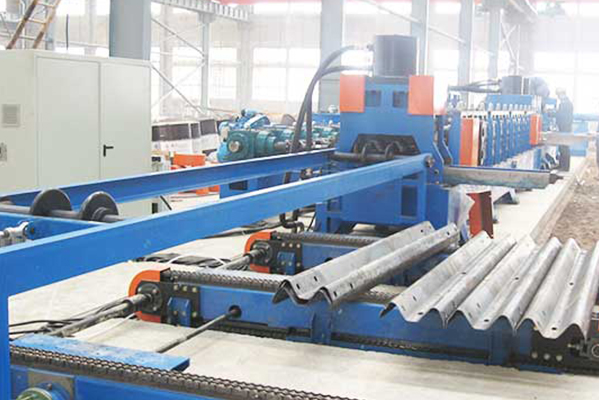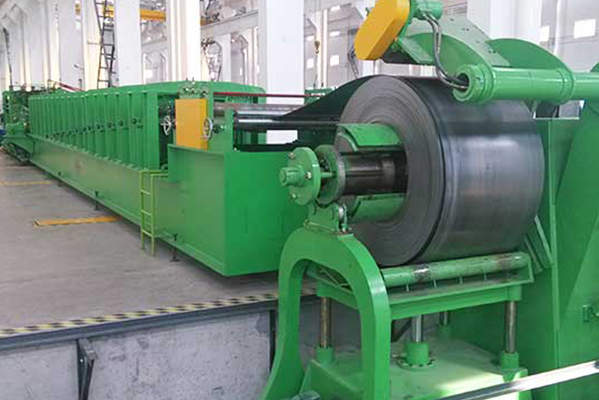Navigation Menu
Contact Us
- Email:
- info@wxavatar.com
- Address:
- Yurong Village, Yuqi Street, Huishan District, Wuxi, China.
Release Date:Apr 16, 2025 Visit:2 Source:Roll Forming Machine Factory
Roll forming machines are essential equipment in the metalworking industry, designed to shape metal sheets or coils into specific profiles with consistent cross-sections. These machines utilize a series of rollers arranged in tandem to gradually bend the material into the desired form without removing any material, making them efficient for high-volume production.
Key Functions of Roll Forming Machines
Precision Forming
Roll forming machines produce uniform metal profiles with high dimensional accuracy. The gradual bending process ensures that the final product meets precise specifications, making it suitable for applications requiring tight tolerances.

Continuous Production
These machines operate in a continuous manner, allowing for the efficient processing of long metal strips or coils. This capability makes roll forming ideal for manufacturing products such as roofing panels, automotive components, and structural frames.
Material Efficiency
Since roll forming does not involve cutting or welding during the shaping process, material waste is minimized. This contributes to cost savings in large-scale production runs.
Versatility in Profile Design
Roll forming machines can create a wide range of profiles, including C-channels, Z-shapes, U-sections, and custom geometries. By adjusting the roller configurations, manufacturers can produce different shapes without requiring extensive retooling.
High-Speed Operation
Compared to other metal forming methods, roll forming offers faster production rates, making it suitable for industries that demand large quantities of formed metal parts in a short time.
Integration with Secondary Processes
Many roll forming lines are equipped with additional features such as punching, cutting, or embossing units, allowing for in-line processing. This integration reduces the need for separate operations, improving overall workflow efficiency.
Common Applications
Roll forming machines are widely used in industries such as construction, automotive, aerospace, and appliance manufacturing. Typical products include:
Metal roofing and cladding
Structural components for buildings
Automotive trim and framing
HVAC ducting
Shelving and storage systems

Conclusion
Roll forming machines play a crucial role in modern manufacturing by providing a reliable and efficient method for shaping metal into precise profiles. Their ability to produce consistent, high-quality parts at high speeds makes them a preferred choice for various industrial applications. By understanding their functions, manufacturers can optimize production processes and enhance product performance.